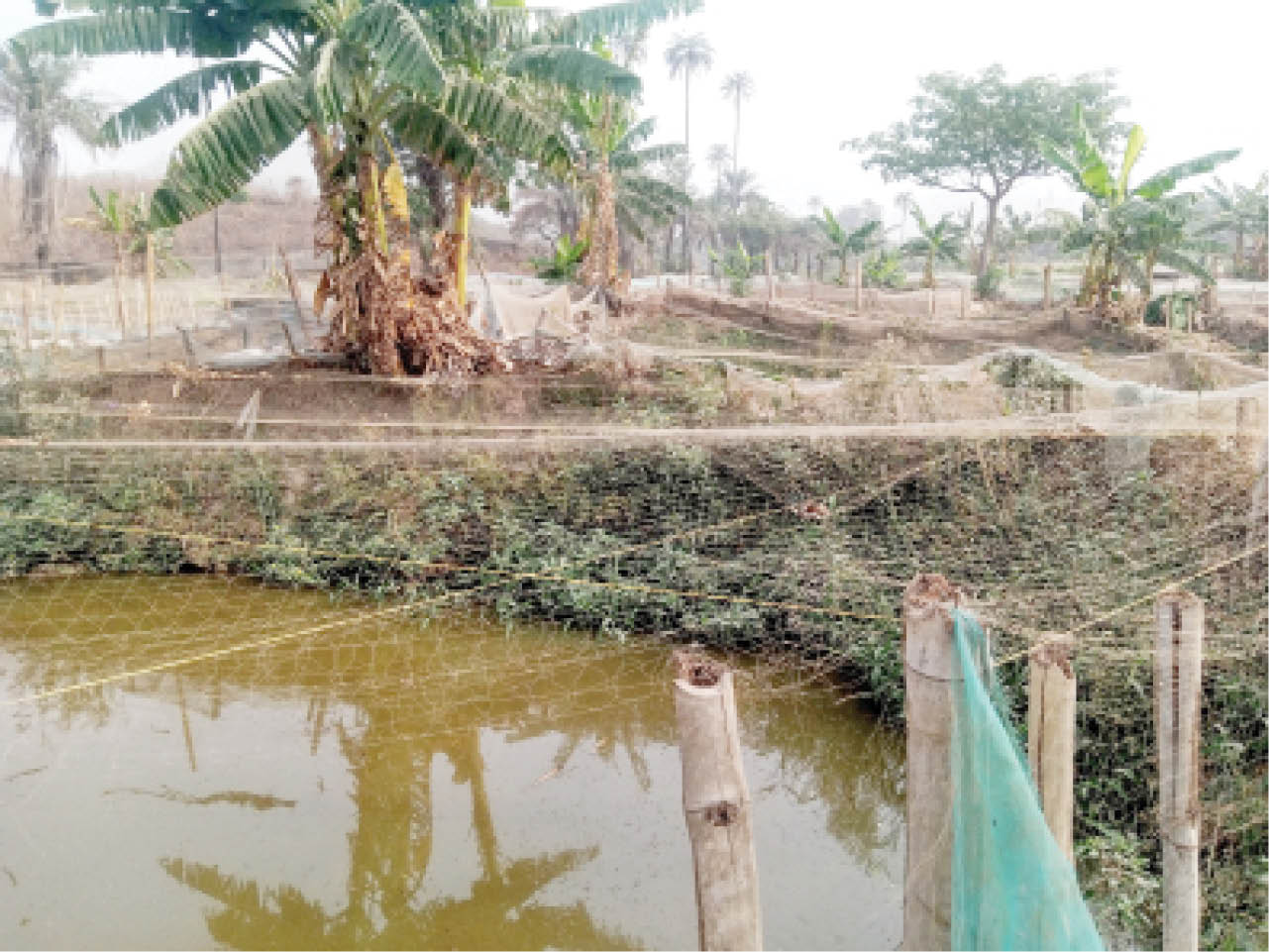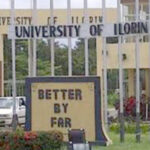Fish farmers across the country are going through difficult times as feed and other associated costs have pushed many out of business, while those still in the business are biting their fingers hard, trying to survive.
Daily Trust visited some of the common sites in and round Abuja and gathered that apart from the daunting challenges of feed and high cost of production, theft has made many small scale farmers operating outside their homes to shut down operations.
- What bandits commanders told me in Zamfara forests Sheikh Gumi
- Top bandits commander, Buharin Daji, to lay down arms soon Matawalle
At Dutsen-Bakuma in Bwari Area Council of the Federal Capital Territory (FCT), many farmers experience theft. The area used to witness a beehive of fish farming activities.
It was gathered that many people left the business because of theft, while majority left because they could not recoup their investments within the expected period of three to six months.
“A lot of people came in here expecting to make money within three or six months circle of production, but they were disappointed and didn’t come back after first harvest.
“Fish farming takes a lot of patience and constant attention. You can’t come and put your fish in the hands of people without daily monitoring and expect to harvest plenty after three months. It doesn’t work that way,” a farmer, Danjuma Pual, told our reporter while pointing many abandoned fish ponds.
Mr Uche Ebuka, one of the farmers who left, told Daily Trust that the cost of feed alone pushed him out of the business.
“I invested N260, 000, but when it came to harvest, I was shocked to make less than N155, 000. I didn’t return. I don’t know whether someone stole from the pond because the 1,500 fish I stocked reduced to less than 1,000 and their sizes were less than 700grams despite the feed I bought,” he said.
A checklist of the current prices of feeds in the market shows that it has gone up significantly since the advent of COVID-19.
For example, a 15kg of Vital Fish feed sells between N5, 500 and N6, 650, depending on the stages of the feed. Premium fish feed costs N12,000; Aqualis, N8,200; Aquafeed, N10,500; Coppens goes between N9,000 and N13, 000; Aller aqua, N12,000; Skretting, N6,700; Nutri Source, N8,500; Blue Crown, N9,000, while Ecofloat costs N6,300, among others.
Some of these feeds were previously sold between N2, 700 and N5, 000, depending on the quality of the feed and the brand.
All these prices, however, depend on the different stages of the feed, classified in sizes ( like 1.5mm, 1.8mm, 2mm, 4mm, 6mm), which refers to different stages feed because of different stages of growth.
Also, the price of soybeans, which makes up about 30 per cent of fish feed composition, has been on the rise, pushing local producers to also review prices upward.
A tonne of soybeans now costs N230, 000 as against N130, 000 in January 2020. Other components of the feed, including addictive and vitamins, have also gone up.
Apart from the cost of feed, the value of leasing a pond – whether concrete or earthen ponds – has also gone up by over 100 per cent in places like Dutse in the Bwari area of the FCT.
Our reporter observed that while many green horns in fish farming are coming into the business, there are quite empty ponds of those who have stopped production.
Mr Amana Lawan, who offers ponds for renting in Dutsen-Alhaji, said an earthen pond with 2,500 capacity that usually cost N35, 000 for a year now, goes for N85, 000 for just six months, while the 1,500 capacity pond goes for N45, 000 for six months.
The cost of juvenile and jumbo sizes of the seed has not change much between N25 and N50 respectively, but these were sold between N5 and N15 two years ago.
In most fresh and smoked catfish markets, 1kg of fish now sales between N1,000 and N1,500. However a kilogramme of smoked catfish goes between N5,000 and N6,000 in most places in Abuja.
Mr Uchegbu Chijioke, the National Public Relations Officer of the Catfish and Allied Fish Farmers Association of Nigeria painted a griming picture of the industry under the current circumstances.
“Feeds are the main input that grows fish farming. Its high cost is never beneficial to fish farmers who, after production, will face the stiff challenges of marketing and post-harvest losses. The farmers have no chances of break, even because of incessant increments.
“The financial institutions can no longer fund fish farming due to unpredictable cash flow. It is responsible for the closure of farms, which may have an adverse effect on economic life survival and promote rural/urban migration.
“The cost effect of feeds is causing untimely harvest of our fishes due to lack of funds and loss of patronage, occasioned by high cost of feed,” he said.
He said farmers had observed that government was not giving them the needed attention like poultry, maize and soybean farmers, adding, “Fishery is contributing immensely to the gross domestic product of our country, but little or no serious attention is given to it.”
The farmers want the government to, among others things, subsidise their inputs, facilitate establishment of storage facility and enter into a bilateral agreement with other countries to expand their market.



